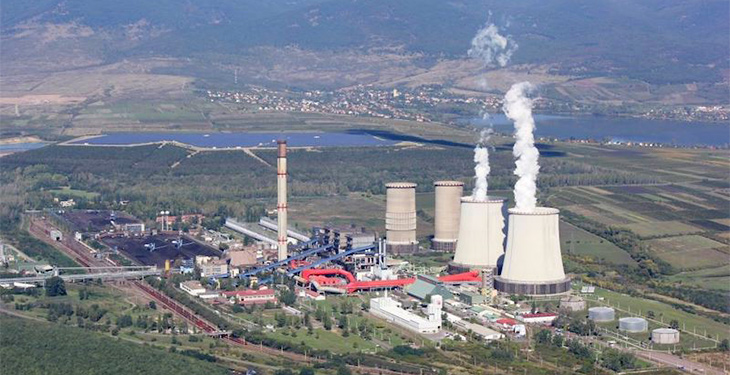Hungary plans to reduce its greenhouse gas (GHG) emissions by at least 52% compared to 1990 levels by 2050, but the government is aiming for a 85% reduction during the period, according to the National Energy and Climate Change Plan published by the Innovation and Technology Ministry on May 8. The energy strategy is based on two pillars, nuclear and renewable energy.
The EU climate and energy policy framework foresees a reduction of at least 40% in GHG emissions at EU level by 2030.
Hungary’s target is to raise the share of renewable energy within energy consumption to 20% by 2030, according to the report, from around 14-15% at present, thanks to the predominance of biomass. The installed capacity of renewable energy sources is expected to reach 4,600MW by 2030, including more than 4,000MW of solar park capacity, according to intellinews.com.
2018 was a record year for new solar deployment in Hungary with 410MW of new capacity added, bringing cumulative installed PV capacity to 700MW. Analysts expect some 400-600MW of additional capacity installed this year and in 2020. Production of green energy could climb over 6,500GWh by 2030, with solar parks accounting for over 70%, according to the forecast.
Hungary’s long-term energy plan sets out the security of supply as the main priority. The plan foresees a 14% increase in final energy consumption between 2015 and 2030.
